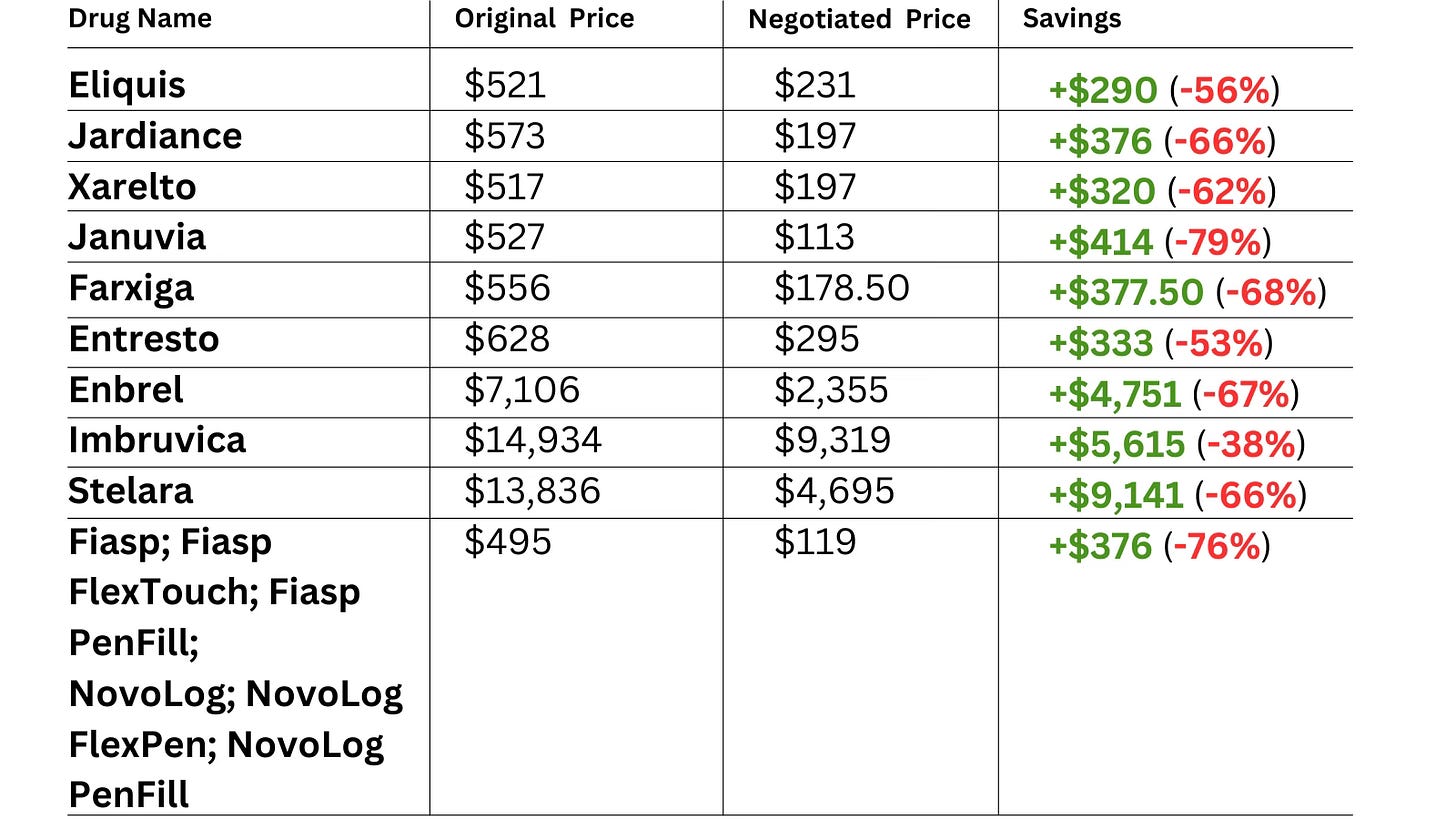To tell you the truth, I don’t even remember the passage of the Affordable Care Act, a landmark piece of legislation aimed at expanding health care coverage for Americans and curtailing insurance industry business practices. The ACA, or Obamacare, was passed in 2010 when I was in high school and still on my mother’s employer-sponsored health insurance plan. Back then, I was more focused on passing trigonometry or passing out in friends’ basements than on health care policy. I’m 30 now, and there's another group of 30-year-olds currently occupying particularly important jobs that have a lot to do with the ACA: congressional staffers.
Congressional staffers are primarily millennials. According to a New America study, roughly 60% of congressional staffers are under the age of 35. This means that current staffers were just in high school when Obamacare became law and, if they’re anything like me, don’t remember the circus that led to the bill’s passage.
One of the biggest players in the debate for what would become the ACA was the U.S. Chamber of Commerce. Known for its deep pockets and powerful influence, the Chamber’s members include Pfizer, ExxonMobil, The Coca-Cola Company and Google.

Now, a trip down memory lane. Back in 2010, when the only pandemic on our mind’s was Swine, the Chamber played a quiet but important role in the fight against the passage of the ACA. The Chamber’s involvement wasn’t just ideological; it was deeply financial, fueled by a hefty $100 million contribution from America’s Health Insurance Plans (AHIP), the powerful lobby for the health insurance industry. The goal? To squash Obamacare before it could take root, protecting the insurance industry’s lucrative business model.

Fast forward to the 2020s: I’m no longer on my mother’s employer-sponsored insurance, but enrolled, despite the Chamber’s efforts, in an Obamacare marketplace plan (the same marketplace that wouldn’t exist if the Chamber, with AHIP’s money, had succeeded). In 2023, the Chamber was at it again, this time with its sights set on the Biden administration’s efforts to rein in skyrocketing drug prices through Medicare’s new drug price negotiation program.
The Chamber filed a lawsuit in June 2023 claiming that allowing Medicare to negotiate drug prices was unconstitutional. And while they didn’t manage to stop the program outright (thanks to a federal judge in Ohio who wasn’t buying their arguments), the Chamber’s fronting for the industry is unmistakable.
What’s particularly striking about the Chamber’s latest crusade is how it echoes their past efforts to defeat the ACA. Back then, the Chamber argued that the ACA’s provisions would be disastrous for the U.S. health care system (such as it is)—never mind that, among other important improvements to health insurance, millions of Americans stood to gain insurance coverage for the first time.
Today, they’re singing a similar tune, insisting that allowing Medicare to negotiate drug prices will wreak havoc on the pharmaceutical industry — conveniently ignoring the fact that millions of seniors on fixed or limited incomes stand to benefit from lower drug costs.
Whether it’s fighting to “protect” the insurance industry from the ACA or helping Big Pharma hold on to the status quo, the Chamber has consistently chosen the interests of big business over the health and well-being of everyday Americans.
It’s important to remember that despite their often-trusted name, the U.S. Chamber of Commerce does not represent mom-and-pop businesses or main street America as much as it represents Big Business; it simply sings for the highest bidder.
Earlier this month, the Biden-Harris administration announced that the U.S. Department of Health and Human Services reached agreements with “all participating manufacturers on new negotiated, lower drug prices” for the first dozen drugs selected for the Medicare drug price negotiation program – cutting prices between 38% and 79%.
Bottom line: There are a lot of people in this country – congressional staffers or not – who don’t remember the role the Chamber of Commerce and it’s deep pockets have played (and continue to play) in our lives. And in another 15 years there may very well be a new cohort of Gen Z staffers who won’t remember the Chamber’s role in Medicare drug negotiations.
In the end, the Chamber has been kept at bay on some very big health care reforms. Like me, there are tons of 30-somethings who are now enrolled in an Obamacare plan. If the Chamber had its way, we wouldn’t be. And someday, God willing, we will all be on Medicare with negotiated drug prices – regardless of whether the Chamber and its friends like it or not.






The equivalent of the farm bureau in the agrabusiness sector. Having the influence to dictate state university policy.
We the People suck.
The ACA is a Heritage Foundation creation. It is responsible for cementing the parasitical for-profit Insurers into the US Healthcare landscape. It is neither affordable nor able to insure actual care is delivered to Americans as a result.